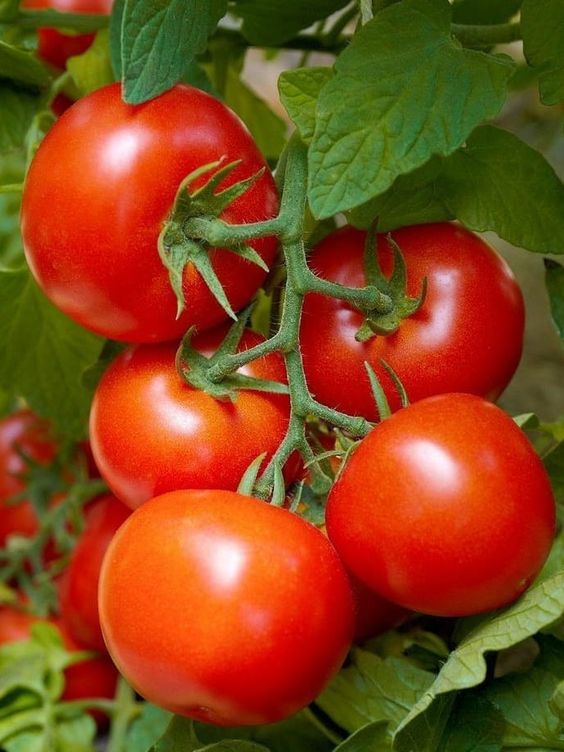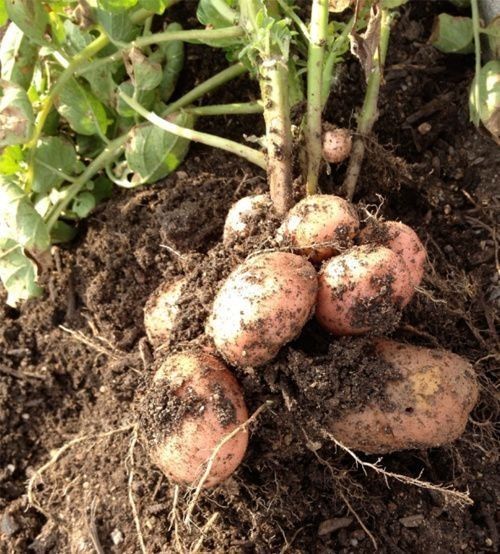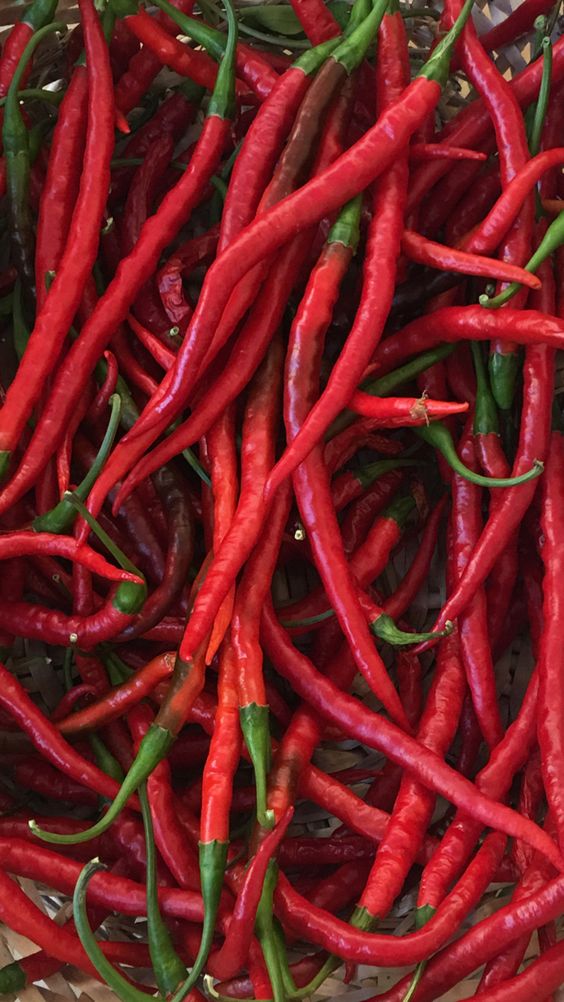Revolutionizing the Tomato Market: How Smart Agriculture Boosts Profits
Tomato Market, a versatile and delicious fruit (yes, it’s a fruit!), is a staple in kitchens around the world. From zesty salsas to juicy salads, tomatoes add flavor and vibrancy to countless dishes. But beyond the culinary sphere, the tomato market plays a significant role in the agricultural sector. However, traditional farming methods often face challenges like unpredictable weather, pests, and resource scarcity. This is where Smart Agriculture steps in, offering a data-driven approach to cultivate a more efficient and sustainable tomato market.
Contents
Precision Planting for Peak Performance
Smart Agriculture leverages a suite of technologies to transform tomato farming. Precision planting, a key component, utilizes advanced machinery and sensors to precisely sow seeds at optimal depths and spacing. This not only optimizes seed usage but also ensures each plant receives the necessary sunlight, water, and nutrients for optimal growth. This data-driven approach minimizes waste and fosters a healthier, more productive tomato crop.
Sensor Power: Monitoring the Invisible
Sensors embedded in the soil and surrounding environment play a crucial role in smart tomato farming. These sensors continuously monitor factors like moisture levels, soil temperature, and nutrient composition. The collected data is then fed into intelligent systems that can analyze trends and predict potential issues. Farmers can then take proactive measures, such as adjusting irrigation or applying targeted fertilizers, to ensure the plants have the ideal conditions to thrive.
Weatherproofing the Harvest
The unpredictable nature of weather can significantly impact tomato yields. Smart Agriculture tackles this challenge by incorporating weather monitoring systems. These systems provide real-time data on temperature, humidity, and precipitation, allowing farmers to prepare for adverse weather events. For instance, if a sudden drop in temperature is predicted, farmers can activate greenhouse heating systems to maintain optimal growing conditions. Additionally, smart irrigation systems can adjust watering schedules based on weather forecasts, preventing water waste during periods of heavy rainfall.
Combating Crop Threats with Precision
Pests and diseases pose a constant threat to tomato crops. Smart Agriculture employs innovative solutions to minimize these risks. Machine learning algorithms can analyze visual data captured by drones or cameras to detect signs of pests or diseases at an early stage. This allows for targeted application of pesticides or fungicides, minimizing the overall amount of chemicals used and protecting the surrounding environment. Additionally, smart traps equipped with sensors can lure and capture specific pests, providing valuable data on pest populations and enabling farmers to implement more effective control strategies.
Optimizing Resource Management
Smart Agriculture promotes resource efficiency in tomato farming. By utilizing precise irrigation based on real-time data, water waste is significantly reduced. Similarly, targeted application of fertilizers ensures that only the necessary nutrients are delivered to the plants, minimizing fertilizer runoff and environmental pollution. Additionally, smart monitoring systems can detect potential equipment malfunctions, allowing for timely repairs and preventing costly breakdowns during critical harvest periods.
The Future of Farming: A Data-Driven Harvest
The integration of Smart Agriculture technologies is transforming the tomato market. By leveraging data and automation, farmers can cultivate higher yields, improve resource efficiency, and minimize environmental impact. As these technologies continue to evolve, we can expect even greater advancements in areas like disease resistance breeding, autonomous harvesting robots, and AI-powered yield prediction models. The future of tomato farming is undoubtedly data-driven, with Smart Agriculture paving the way for a more sustainable and profitable harvest.
Conclusion Tomato Market
The tomato market is a vital component of the agricultural sector, and Smart Agriculture is revolutionizing the way tomatoes are cultivated. By embracing these innovative technologies, farmers can optimize their operations, ensure a consistent supply of high-quality tomatoes, and navigate the ever-changing demands of the global market. As we move towards a future focused on sustainability and efficiency, Smart Agriculture offers a compelling path for a thriving tomato market and a more robust agricultural landscape.




